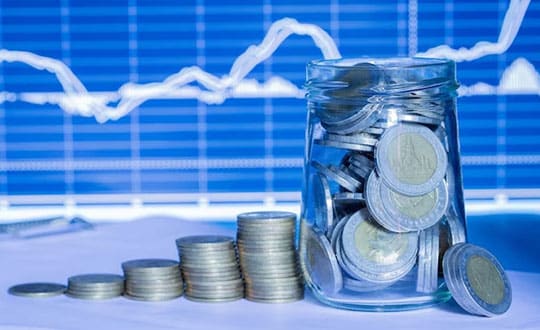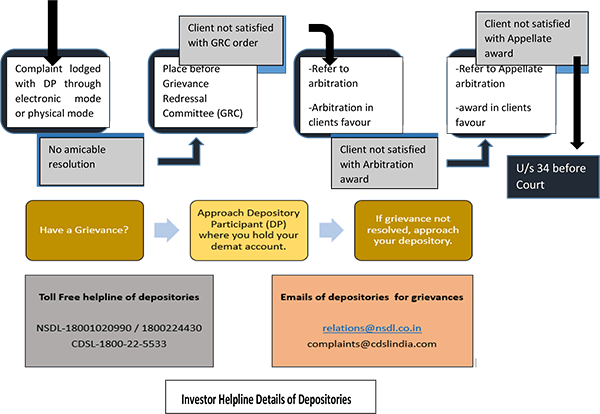Multi Commodity Exchange of India Limited & MCX Derivatives

Start Your Entrepreneurial Journey Now!
What is Multi Commodity Exchange (MCX)?
The Multi Commodity Exchange of India Limited (MCX) is a leading commodity derivatives exchange in India, offering futures trading across a wide range of commodities, including metals, energy, and agriculture. MCX came into existence in 2003, with its headquarters in Mumbai. It is the biggest exchange for commodity futures in India. With a vision to be a world-class commodity exchange, MCX is committed to providing efficient, transparent, and fair trading services to its members and customers.

MCX Derivatives: An Overview
MCX offers commodity derivatives trading in various commodities through futures contracts, which are standardized agreements between buyers and sellers to buy or sell a specific commodity at a predetermined price and date in the future. The futures contracts traded on MCX derivatives are cash-settled, meaning that no physical delivery of the underlying commodity is required. MCX also offers options trading in select commodities, which provide buyers with the right, but not the obligation, to buy or sell the underlying commodity at a predetermined price and date in the future.
MCX Derivatives Products
MCX offers derivatives trading in a wide range of commodities, including:
1
Metals
MCX offers futures trading in gold, silver, copper, zinc, lead, and nickel, among others.
2
Energy
MCX offers futures trading in crude oil, natural gas, and Brent crude oil, among others.
3
Agriculture
MCX offers futures trading in various agricultural commodities, including cotton, menthe-oil, cardamom, and soybean, among others.
MCX Derivatives Trading Hours
MCX offers derivatives trading from Monday to Friday, with the following trading hours:
- For non-agri commodities, the trading hours are from 9:00 am to 11:30 pm.
- For agri commodities, the trading hours are from 9:00 am to 9:00 pm
MCX Trading Process
- A buyer and a seller agree to a futures or options contract for a specific commodity.
- The buyer and seller both deposit an initial margin with the exchange, which serves as a security deposit for the contract.
- The contract is traded on the exchange, and the price is determined by the market forces of supply and demand.
- At the end of each trading day, the settlement price is determined based on the closing price of the contract.
- If a contract is held until its expiry date, it is settled in cash, and the profits or losses are credited or debited to the trading account of the buyer or seller, respectively.
Example
Ramesh is a cotton farmer in Gujarat. He is worried about the falling prices of cotton due to oversupply in the market. He wants to protect himself from the risk of price fluctuations and ensure a minimum price for his cotton crop.
Ramesh decides to hedge his cotton crop by taking a futures contract on MCX. He sells a futures contract for 10 bales of cotton, each weighing 170 kg, at a price of Rs. 5,000 per bale, with a delivery date in three months. The total value of the contract is Rs. 50,000.
Ramesh deposits an initial margin of Rs. 5,000 with the exchange, which is 10% of the total contract value. The margin serves as a security deposit for the contract.
Over the next few weeks, the price of cotton falls due to oversupply in the market, and the futures price on MCX also falls to Rs. 4,500 per bale. Ramesh is worried about the falling prices, but he is protected by his futures contract.
On the delivery date, Ramesh delivers 10 bales of cotton to the buyer at the agreed price of Rs. 5,000 per bale, even though the spot price has fallen to Rs. 4,500 per bale. Ramesh receives the full contract value of Rs. 50,000, and the buyer takes delivery of the cotton.
Ramesh has successfully hedged his cotton crop and protected himself from the risk of price fluctuations. Even though the spot price fell, he was able to sell his cotton at a guaranteed price of Rs. 5,000 per bale, thanks to his futures contract on MCX.
Benefits of MCX Derivatives Trading
There are several benefits of trading in MCX derivatives, including:
Efficient price discovery
MCX provides a platform for buyers and sellers to discover the fair price of a commodity based on market demand and supply.
Leverage
MCX derivatives trading allow traders to trade with leverage, which means they can control a larger amount of the commodity with a smaller initial investment.
Hedging
1. MCX derivatives provide a way for producers and consumers of commodities to hedge against price fluctuations, reducing their risk and enhancing their profitability.
Transparency
1. MCX provides a transparent trading environment, with real-time price quotes, order book, and trading data available to all market participants.



